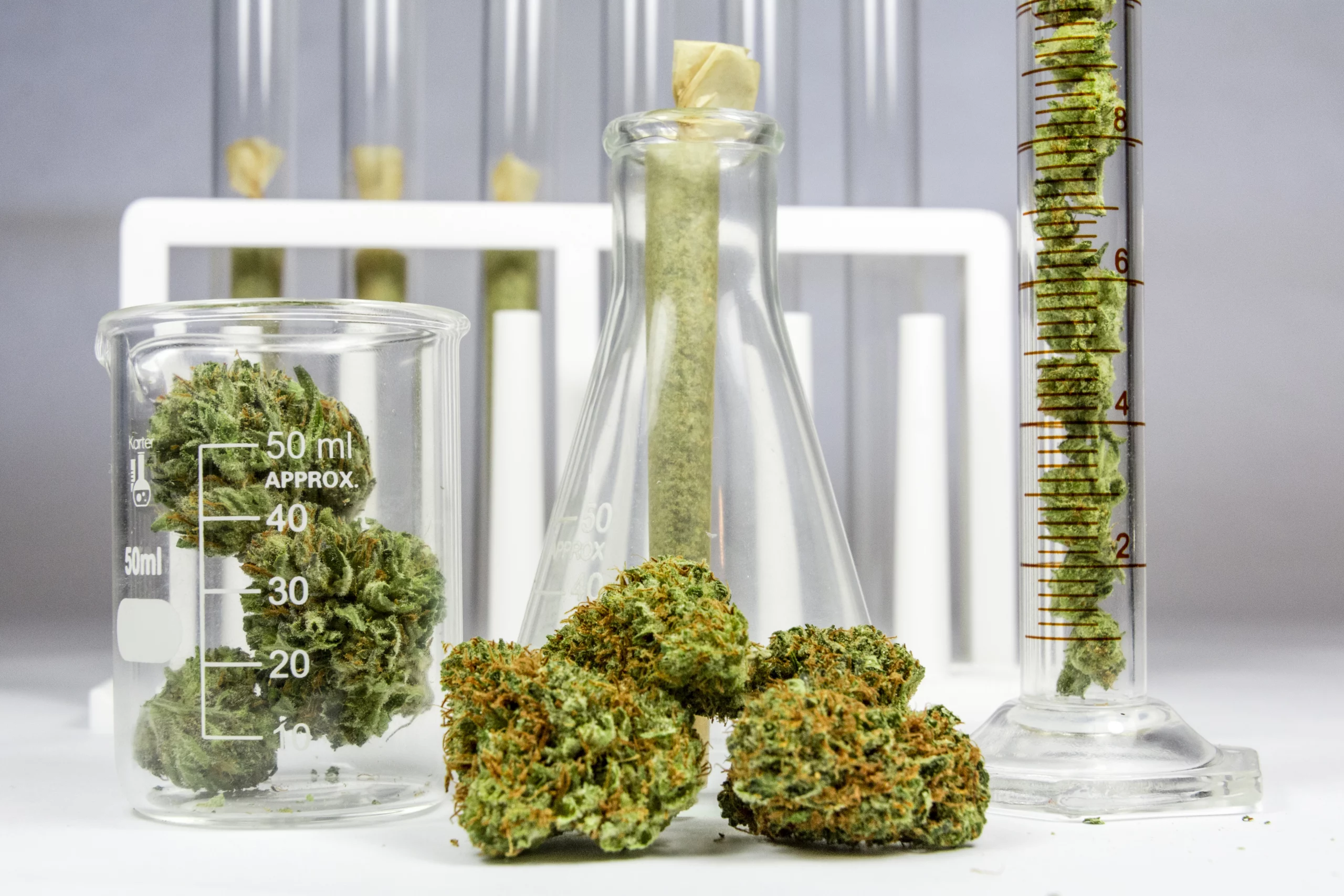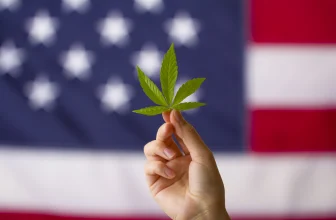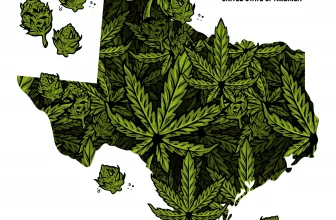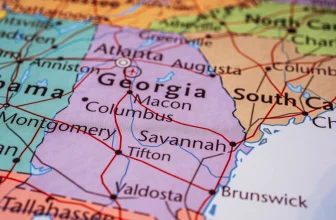
Canada is launching a cannabis data gathering program to compare legal cannabis products to illicit cannabis products, Health Canada announced.
Beginning this year, Health Canada’s Regulatory Operations and Enforcement Branch Cannabis Laboratory will randomly purchase legal cannabis from authorized retailers across the country as part of its Cannabis Data Gathering Program. The branch will also work with law enforcement agencies across Canada to receive illicit cannabis products, which it will analyze in comparison to legal market products.
The laboratory will assess THC and CBD levels, chemical or microbiological contaminants, and other specific analytes of interest, according to a news release.
“This will support Health Canada’s data collection efforts with respect to the composition of cannabis products available on the Canadian market,” Health Canada said.
Health Canada’s Cannabis Data Gathering Program was created to help Canadian cannabis consumers make informed decisions while also minimizing the health and safety risks associated with cannabis consumption, according to the release.
“The program will allow Health Canada to proactively collect information on the legal and illicit cannabis markets in Canada,” the agency said.
Summary reports from the program will be published and shared with the public, Canadian law enforcement agencies, and other government organizations. The reports will not include product, brand, or license holder names.
The Cannabis Data Gathering Program will also help Health Canada ensure legal cannabis products available in the country meet the requirements of the Cannabis Act, which legalized recreational cannabis in Canada in October 2018.
“If the program identifies deficiencies with legal products they analyze, we’ll take appropriate compliance and enforcement actions to mitigate health and safety risks if necessary,” Health Canada said.
Canada’s recreational cannabis market has seen substantial growth in the nearly five years since legalization in October 2018. Cannabis sales in Canada increased 157% from May 2020 to May 2023, specifically, according to a report from Headset, a cannabis data and intelligence firm.






